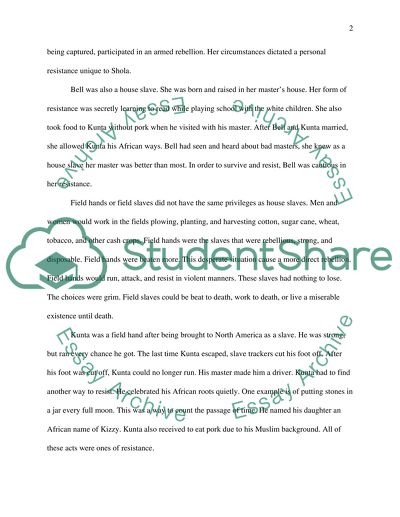Cite this document
(“Africans during enslavement Essay Example | Topics and Well Written Essays - 750 words”, n.d.)
Retrieved from https://studentshare.org/history/1700529-africans-during-enslavement
Retrieved from https://studentshare.org/history/1700529-africans-during-enslavement
(Africans During Enslavement Essay Example | Topics and Well Written Essays - 750 Words)
https://studentshare.org/history/1700529-africans-during-enslavement.
https://studentshare.org/history/1700529-africans-during-enslavement.
“Africans During Enslavement Essay Example | Topics and Well Written Essays - 750 Words”, n.d. https://studentshare.org/history/1700529-africans-during-enslavement.


